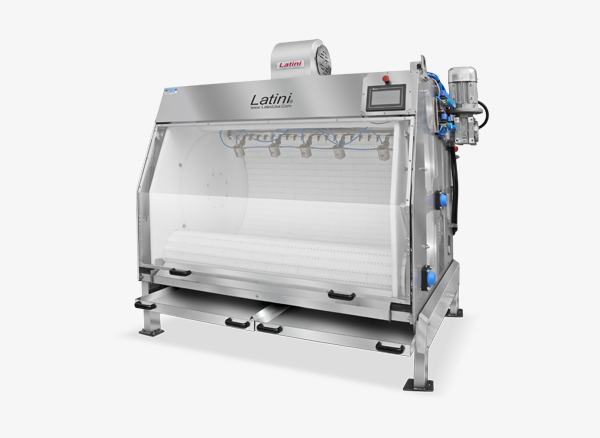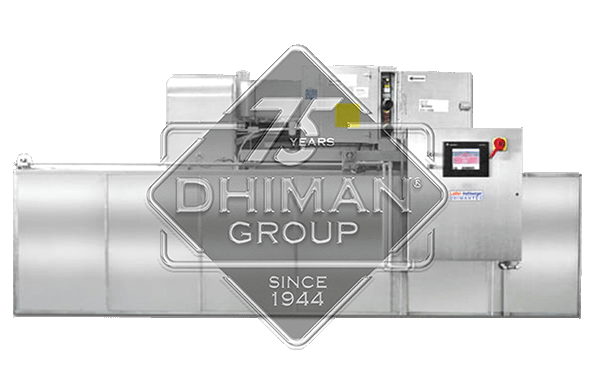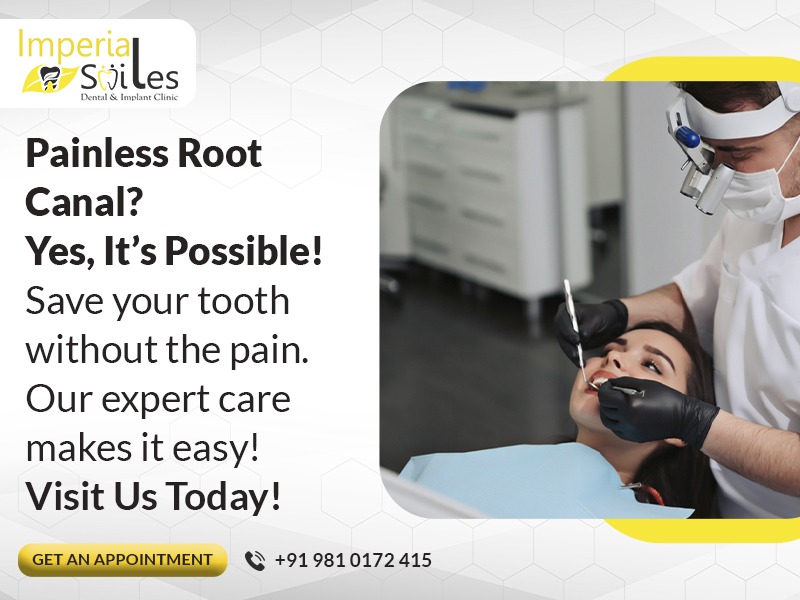Veins play a crucial role in the circulatory system, ensuring that blood flows efficiently throughout one’s body. However, certain lifestyle habits and demands can strain these essential vessels. The good news is that preventing vein problems is well within your control. And this article delves into lifestyle tips that contribute to maintaining optimal vein health and keeping your veins functioning effectively. And for optimum health, always consult a vein specialist doctor if you notice anything suspicious regarding your veins.
Incorporate Regular Movement
Modern lifestyles often involve extended sitting periods, whether at a desk, in front of the television, or during commutes. However, veins require consistent movement to function optimally. Prolonged periods of sitting can lead to blood pooling in the legs, increasing the risk of vein-related issues. Standing up, stretching, and moving around every hour helps improve blood circulation. Even minor movements, like wiggling toes or calf raises, can have a positive impact.
Prioritise Regular Exercise
Regular exercise is akin to a spa day for your veins. It promotes smooth blood flow, strengthens vein walls, and improves cardiovascular health. Activities such as walking, swimming, cycling, and yoga are particularly beneficial for vein health. As such, strive for at least 30 minutes of moderate exercise most days of the week to support your veins.
Elevate Legs for Relief
After a day of being on your feet, elevating your legs offers much-needed relief to your veins. This practice reduces pressure on the veins and encourages blood flow back to the heart. Lying down and propping your legs on a pillow or cushion for about 15 minutes is a simple way to show your veins some care.
Maintain a Healthy Weight
Maintaining a healthy weight is very important for one’s overall health, and it plays a pivotal role in one’s vein health. Excess weight adds extra pressure on veins, making them work harder against gravity. Achieving and maintaining a healthy weight alleviates strain on veins and reduces the risk of vein-related problems.
Stay Hydrated
Adequate hydration is essential for maintaining optimal blood viscosity and ensuring smooth blood flow through your veins. Hence, aim to stay hydrated throughout the day by drinking ample water. Herbal teas and water-rich foods such as fruits and vegetables also contribute to your hydration goals.
Avoid Prolonged Leg Crossing
While crossing legs might be a common habit, it’s not ideal for vein health. Prolonged leg crossing can hinder blood circulation and exert unnecessary pressure on veins. Keeping your legs uncrossed when sitting and changing positions regularly supports healthy blood flow.
Consider Compression Stockings
Compression stockings offer more than a fashionable accessory; they are a valuable tool for promoting vein health. These stockings gently compress the legs, aiding veins in efficient blood movement. Consulting a vein specialist doctor can help you determine the appropriate compression level and style based on your needs.
Prioritise Nutrition
A balanced diet rich in vitamins, fibres, and antioxidants contributes to vein health. Incorporating whole grains, leafy greens, citrus fruits, berries, and lean proteins into your diet supports strong veins and helps prevent inflammation. Omega-3 fatty acids found in fatty fish and flaxseeds also contribute to cardiovascular well-being.
Choose Comfortable Footwear
While high heels may enhance your appearance, they can negatively impact your vein health. Prolonged high heel wear strains calf muscles and hampers blood circulation. As such, opting for comfortable shoes with lower heels or flats, particularly if you have a history of vein problems, is a healthier choice.
Listen to Your Body
Physical discomfort, pain, swelling, or visible varicose veins often signal potential vein problems. In such cases, seeking evaluation from a vein specialist doctor provides valuable insights and personalised recommendations for addressing your specific needs.
Conclusion
Integrating these lifestyle tips into your daily routine can actively contribute to maintaining optimal vein health. Your veins are critical to your overall well-being, and taking steps to care for them ensures their continued effective functioning. Supporting your veins through these practices helps you maintain an active, healthy lifestyle while minimising the risk of vein-related issues.


























